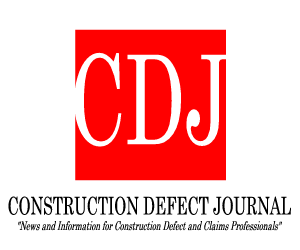
Adding a provision in a settlement agreement that requires the Plaintiff to dismiss their complaint against the license or agree that one will not be filed, is not only prohibited but may invalidate the settlement agreement.
A settlement agreement is a contract. When parties to pending litigation enter into a settlement, they enter into a contract. Such a contract is subject to the general law governing all contracts. (T. M. Cobb Co. v. Superior Court (1984) 36 Cal.3d 273, 280 [204 Cal. Rptr. 143, 682 P.2d 338] [offers by a party to compromise under Code Civ. Proc., § 998].) Courts seek to interpret contracts in a manner that will render them “lawful, operative, definite, reasonable, and capable of being carried into effect’” without violating the intent of the parties. (Robbins v. Pacific Eastern Corp. (1937) 8 Cal.2d 241, 272–273; Kaufman v. Goldman, (2011) 195 Cal. App. 4th 734, 745.
A settlement agreement like a contract is a document that is typically negotiated between the parties to the agreement and it is up to the parties to determine its terms. Settlements take time and sometimes negotiating the settlement terms takes longer. This is especially true in complex litigation and multiparty matters where negotiating the settlement terms is just as contentious as litigating the matter. Just like contracts, in a settlement agreement the parties cannot agree to terms that violate public policy. A contract is thought to be against public policy if it results in a breach of law, harms citizens, or causes injury to the state. Contracts that are voided on public policy grounds carry no legal obligations. For example, an employer cannot force an employee to sign a contract that forbids the worker from joining a union.
Reprinted courtesy of Alexa Stephenson, Kahana Feld and Ivette Kincaid, Kahana Feld
Ms. Stephenson may be contacted at astephenson@kahanafeld.com
Ms. Kincaid may be contacted at ikincaid@kahanafeld.com




